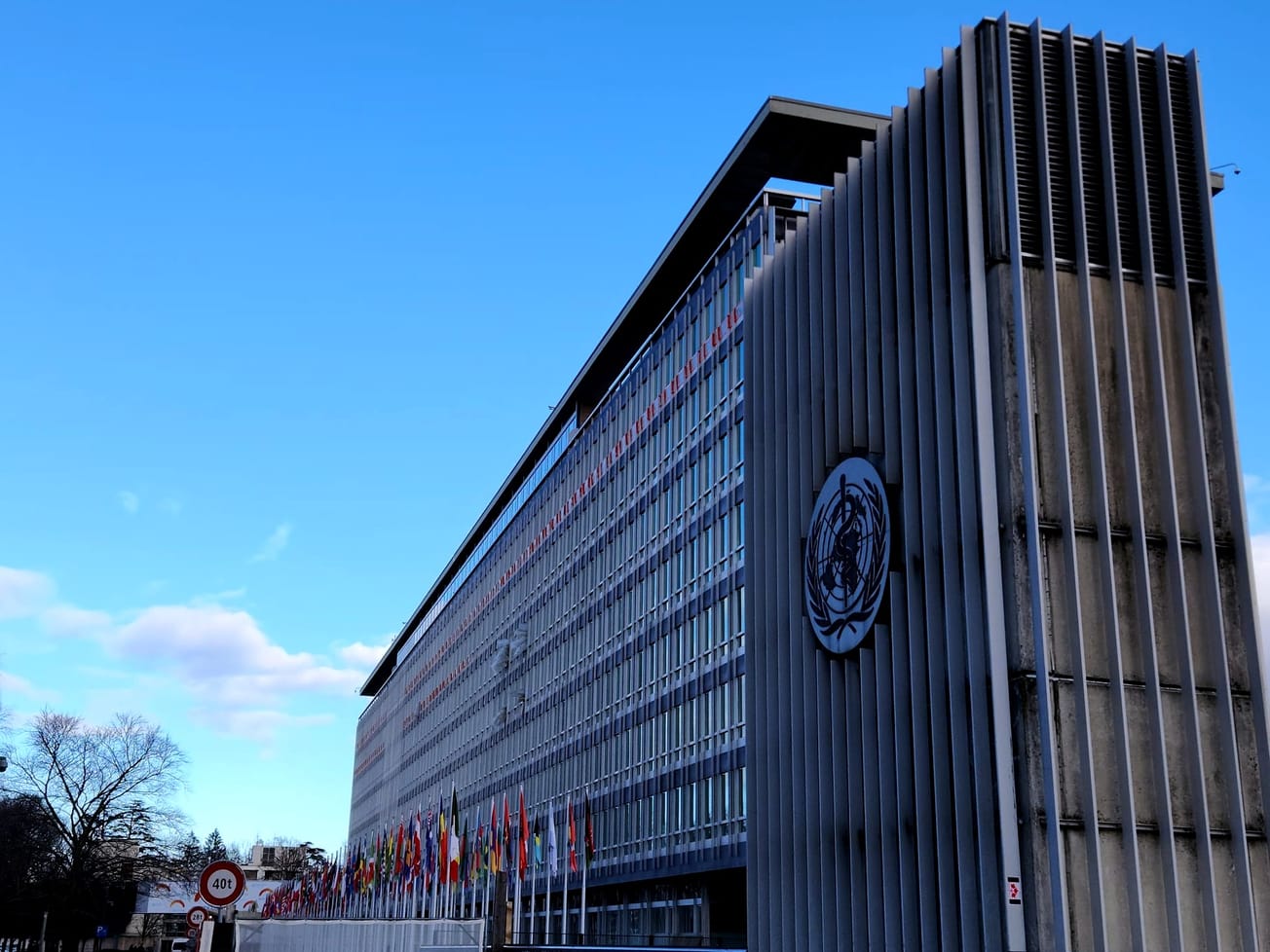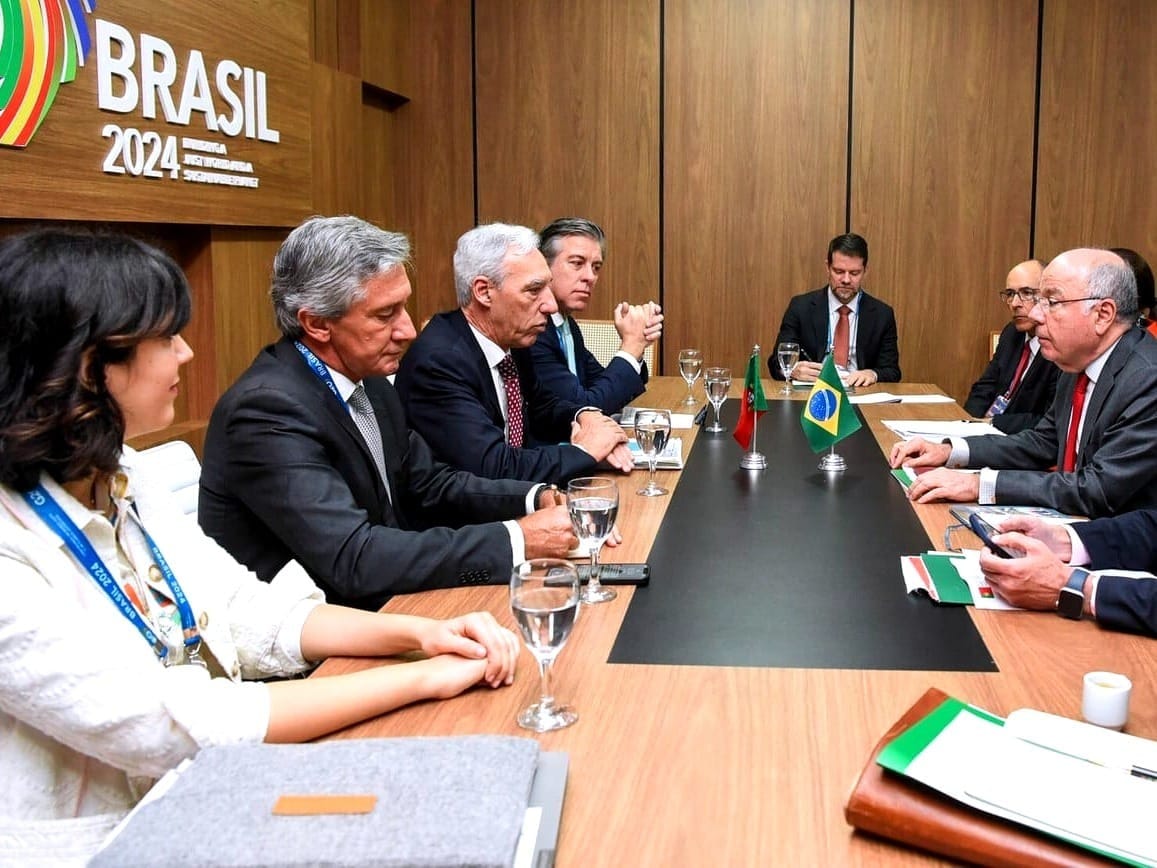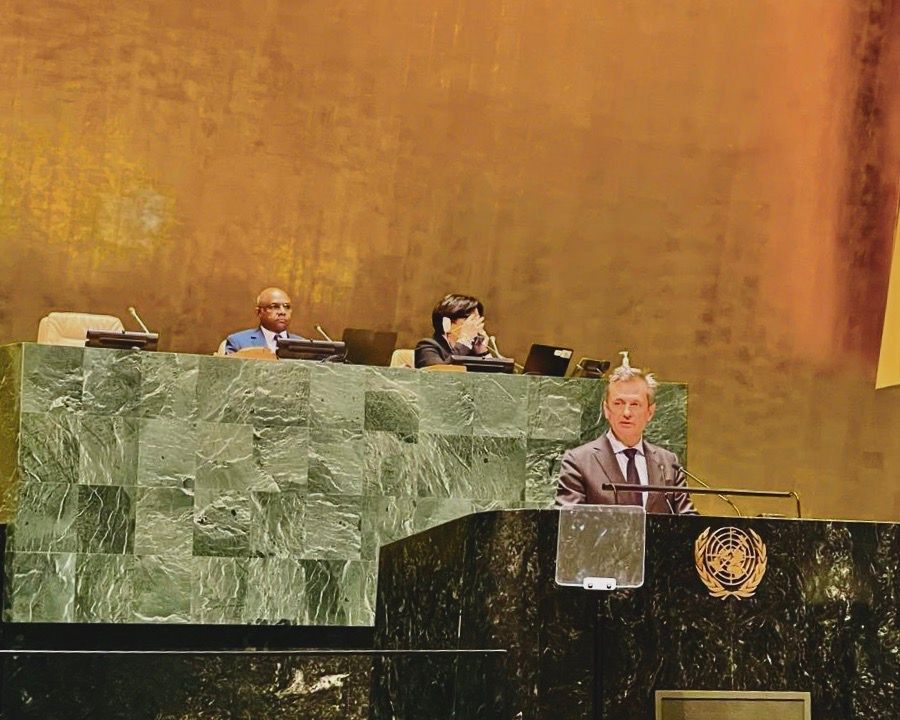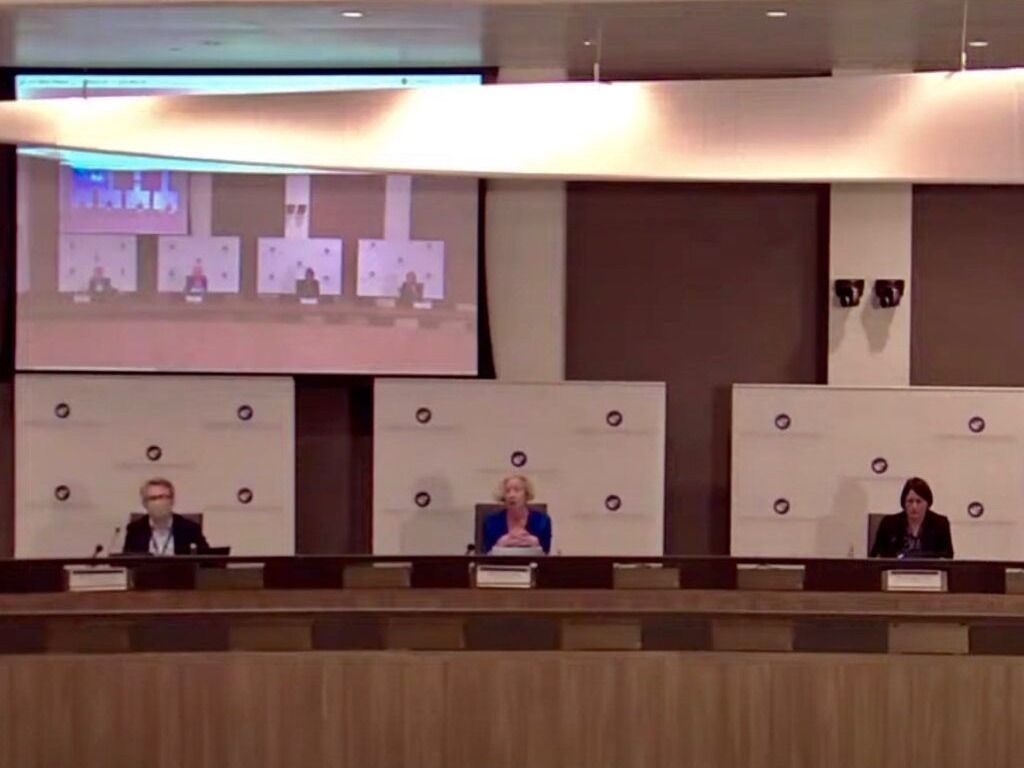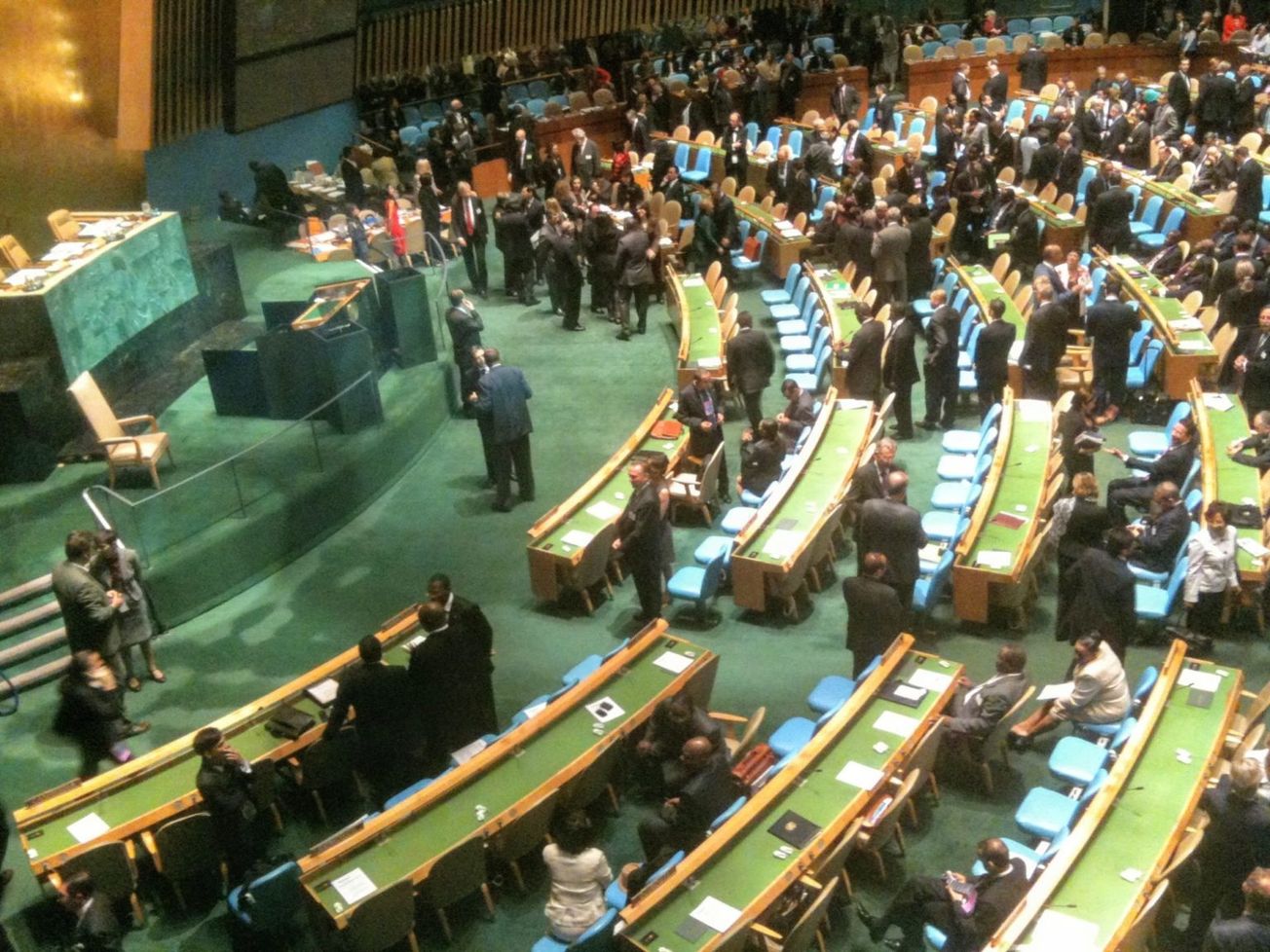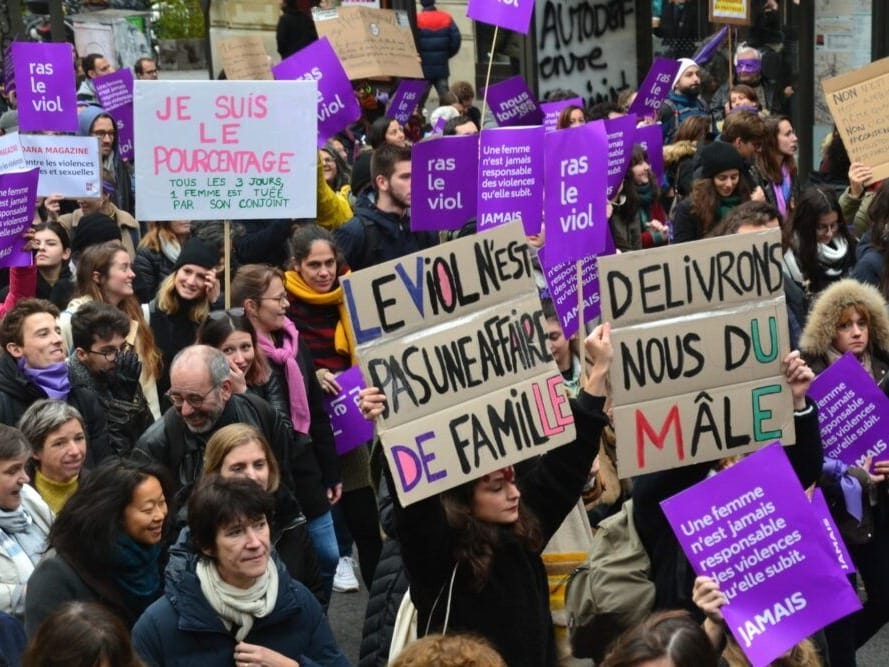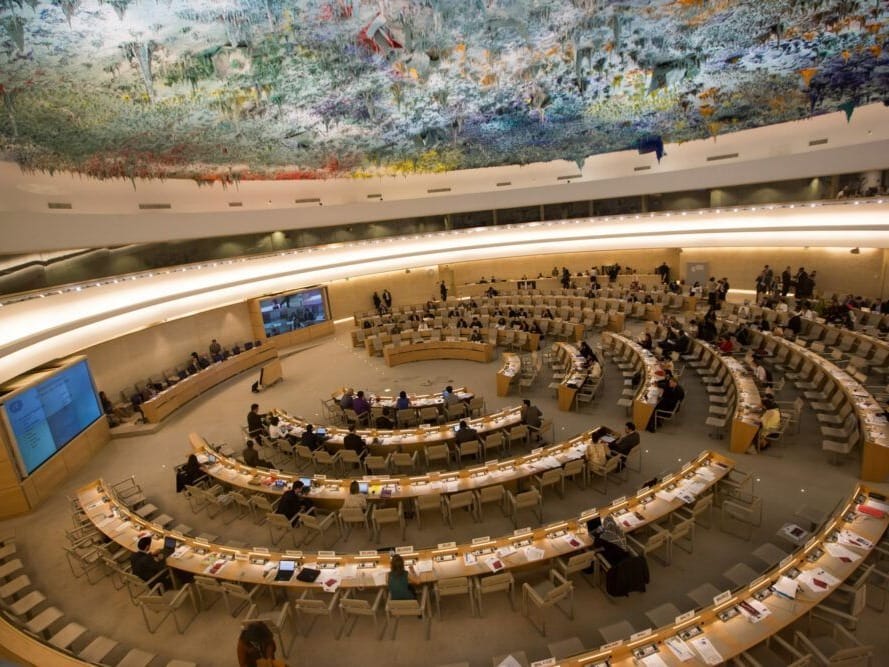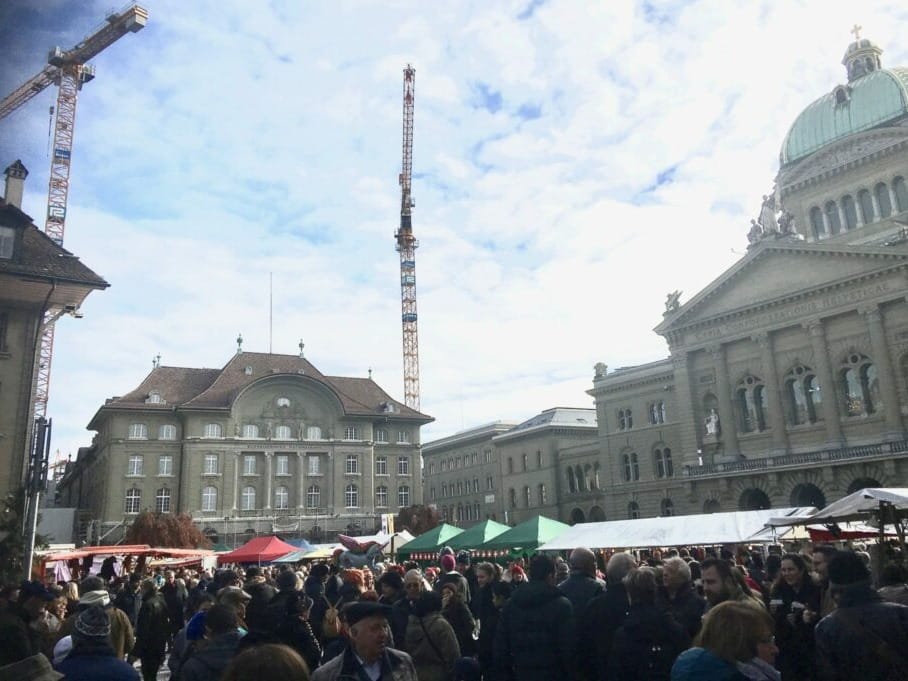
Veto limits and aid overhaul urged as the remedy for 'new world disorder'
At the top of IRC’s agenda is a push to strip five veto-wielding nations of their ability to paralyze the U.N. Security Council.
Already have an account? Log in
At the top of IRC’s agenda is a push to strip five veto-wielding nations of their ability to paralyze the U.N. Security Council.
Negotiators had to juggle the promotion of health access and global equity with reaffirmation of nations' sovereignty.
Non-veto wielding nations have tried for years to reform the U.N.'s post-World War II power structure with little success.
The politics of catastrophe and climate inaction await the assembly's annual gathering of world leaders next week.
Russia's status as U.N. Security Council president is bound up in a frozen-in-time power structure dating to World War II.
Prompted by its own paralysis over Syria and Ukraine, the U.N. moved to prevent abuse of power by Russia and other permanent Security Council members.
A two-shot vaccine from BioNTech and Pfizer gained official approval in the E.U., two days after Switzerland approved it through a normal procedure.
The U.N. General Assembly urged all nations to join in ensuring universal access to medical supplies, drugs, future vaccines and testing for the pandemic.
The treaty, which took effect in 2014, builds on efforts to protect women and girls from violence since the 1990s.
The E.U. and eight nations condemned Saudi Arabia, demanding it cooperate with a U.N.-led investigation.
Even in international Switzerland, a third of all voters preferred to put 'Swiss law first' ahead of global cooperation.
The E.U.'s new rules emphasize accountability: Data handlers must demonstrate compliance and delete data if asked.
